Tailored Treatments: Exploring AI’s Role in Personalized Medicine for Enhanced Healthcare Precision
The Future is Now: How AI is Revolutionizing Personalized Medicine & Healthcare The convergence of artificial intelligence (AI) and healthcare is no longer a futuristic fantasy; it's a rapidly unfolding reality. At the heart of this revolution lies ai personalized medicine healthcare, a transformative approach that promises to tailor treatments to individual patients based on their unique genetic makeup, lifestyle, and environmental factors. This isn't just about better diagnostics; it's about proactive, preventative care that can dramatically improve health outcomes and extend lifespans. We'll delve into how AI is driving this change, exploring the opportunities and challenges ahead, and what this means for patients, providers, and investors. Decoding the Human Code: The Role of Genomic Sequencing AI One of the most powerful drivers of ai personalized medicine healthcare is advances in genomic sequencing ai. The ability to quickly and affordably analyze an individual's entire genome is unlocking unprecedented insights into disease susceptibility, drug response, and potential health risks. AI algorithms are being trained on massive datasets of genomic information to identify patterns and correlations that would be impossible for humans to detect. Here's how genomic sequencing ai is reshaping healthcare: Early Disease Detection: AI algorithms can analyze genomic data to identify individuals at high risk for developing diseases like cancer, Alzheimer's, and heart disease years before symptoms appear. Targeted Drug Therapies: Understanding a patient's genetic profile allows doctors to select the most effective medications and dosages, minimizing side effects and maximizing therapeutic benefits. This is particularly important in oncology, where AI is helping to identify personalized cancer treatments. Pharmacogenomics: AI analyzes how genes affect a person's response to drugs. This allows for customized medication plans, preventing adverse reactions and improving treatment efficacy. Precision Diagnostics: AI is accelerating the development of more accurate and specific diagnostic tests, leading to earlier and more reliable diagnoses. **Predictive Analytics for preventative healthcare:** AI can analyze genomic data alongside lifestyle information to predict future health risks, empowering individuals to make proactive changes. Beyond Genomics: AI's Expanded Impact on Personalized Medicine While genomic sequencing ai is a cornerstone of personalized medicine, AI's influence extends far beyond DNA analysis. AI-powered tools are also transforming other aspects of healthcare, creating a comprehensive picture of each patient. Wearable Data Analysis: Smartwatches, fitness trackers, and other wearable devices generate a constant stream of data about a person’s activity levels, sleep patterns, and vital signs. AI algorithms can analyze this data to identify subtle changes that may indicate emerging health problems. Image Recognition & Medical Imaging: AI is dramatically improving the speed and accuracy of medical image analysis (X-rays, MRIs, CT scans). AI can detect abnormalities that might be missed by human radiologists, aiding in earlier diagnosis and treatment. Tools like those developed by companies using computer vision are becoming increasingly prevalent in radiology departments. Predictive Modeling & Risk Stratification: AI algorithms can analyze vast amounts of patient data to predict the likelihood of hospital readmissions, disease progression, and other adverse events. This allows healthcare providers to intervene early and prevent negative outcomes. Virtual Assistants & Chatbots: AI-powered virtual assistants are providing personalized health coaching, medication reminders. and answering patient questions. These tools improve patient engagement and access to care, especially for those in remote areas. Investing in the Future: The Crypto & Stock Market Connection to AI Healthcare The rise of ai personalized medicine healthcare isn't just impacting healthcare delivery; it's also fueling innovation in related industries. Interestingly, there's a growing intersection between AI, healthcare, and the financial markets, including crypto and stock investments. Crypto in Healthcare Data Security: Blockchain technology, used in many cryptocurrencies, offers enhanced security and privacy for sensitive patient data – a key concern in the age of big data and AI. Companies are exploring using blockchain for medical records management and secure data sharing. Stock Market Opportunities: Companies developing AI-powered healthcare solutions are attracting significant investment from venture capitalists and public markets. This presents opportunities for investors seeking to capitalize on the growth of the healthcare technology sector. Companies focusing on areas like drug discovery using AI, personalized diagnostics platforms, and AI-driven surgical robots are particularly attractive. Alternative Investments: Beyond traditional stocks and bonds, investors are exploring alternative investments like healthcare-focused private equity funds and specialized ETFs that target AI in healthcare. These options offer diversification and the potential for higher returns. AI-powered Market Analysis: AI itself is being used in financial markets to analyze vast amounts of data and identify trends, leading to more informed investment decisions. Feature Traditional Healthcare AI-Powered Personalized Medicine Approach One-size-fits-all Tailored to individual Data Sources Limited patient history Genomic data, wearables, lifestyle Diagnostic Accuracy Moderate High Treatment Effectiveness Variable Optimized Proactive vs. Reactive Primarily reactive Primarily proactive Cost High Potentially lower in the long run due to preventative care Challenges and the Path Forward for ai personalized medicine healthcare Despite its immense potential, ai personalized medicine healthcare faces significant challenges: Data Privacy and Security: Protecting sensitive patient data is paramount. Robust security measures and compliance with regulations like HIPAA are essential. Algorithm Bias: AI algorithms can perpetuate existing biases in data, leading to inequitable healthcare outcomes. Care must be taken to ensure that algorithms are trained on diverse datasets and are validated across different populations. Regulatory Hurdles: Navigating the complex regulatory landscape for AI-powered medical devices and treatments can be challenging. Cost of Implementation: Implementing AI solutions can be expensive, particularly for smaller healthcare providers. Physician Adoption: Ensuring that physicians are comfortable and confident using AI tools is crucial for successful adoption. Training and support are essential. Get Involved: Stay Informed and Shape the Future The future of healthcare is being shaped by AI, and ai personalized medicine healthcare is at the forefront of this revolution. To stay abreast of the latest developments and contribute to the advancement of this field, consider: Following industry news and research publications. Attending healthcare technology conferences and webinars. Engaging with thought leaders and experts on social media. Exploring investment opportunities in AI-powered healthcare companies. What are your thoughts on the future of AI in healthcare? Share your comments and questions below! Don’t forget to share this post with your network. Meta Description: Explore how AI is revolutionizing ai personalized medicine healthcare through genomic sequencing ai and beyond. Discover potential for stock investments & the future of wellness. #AI #Healthcare #PersonalizedMedicine Keywords: AI, Healthcare, Personalized Medicine, Genomic Sequencing, Artificial Intelligence, Digital Health, Blockchain, Cryptocurrency, Stocks, Investment, Wellness, ai personalized medicine healthcare, genomic sequencing ai
Share this content:

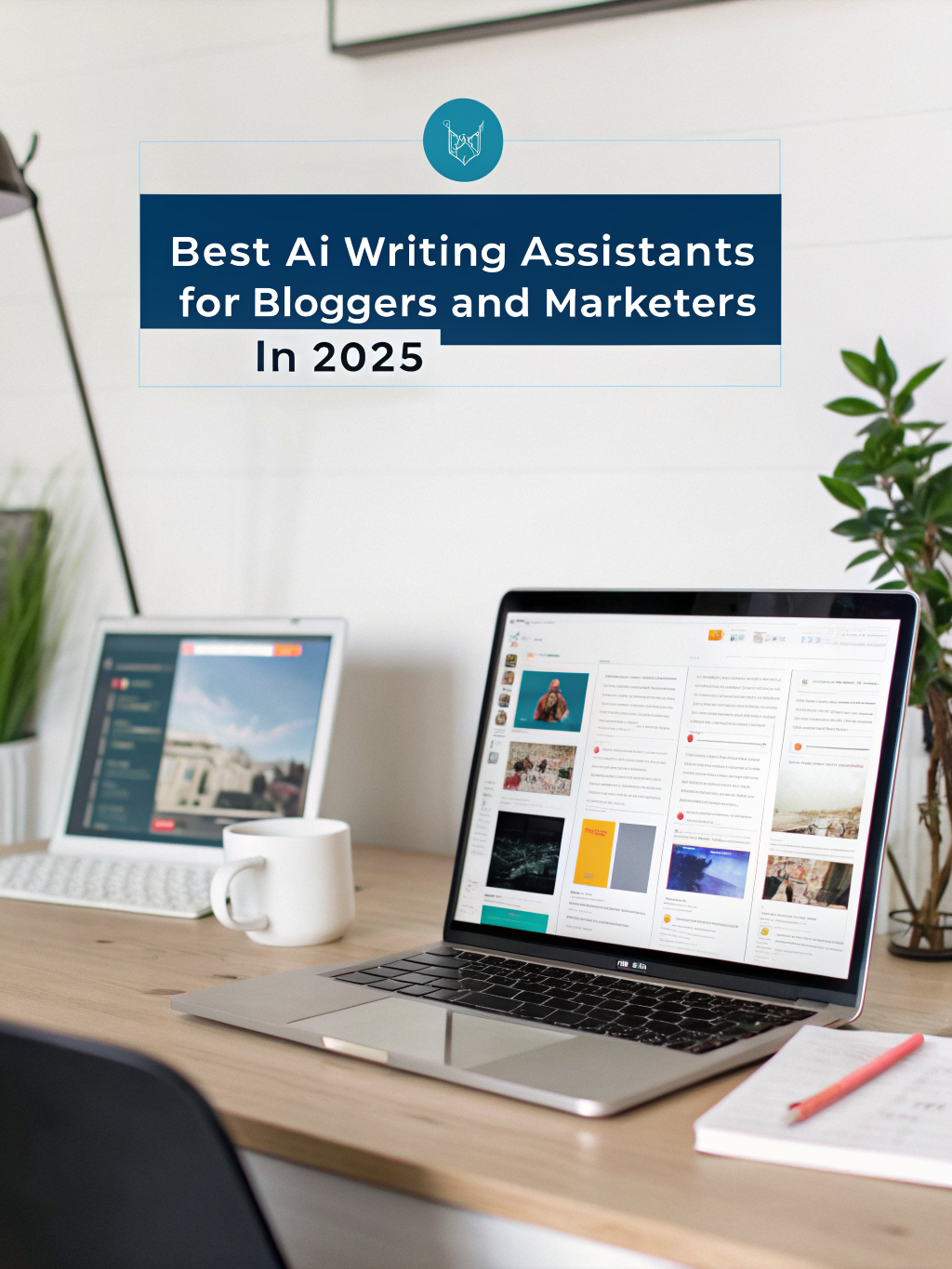
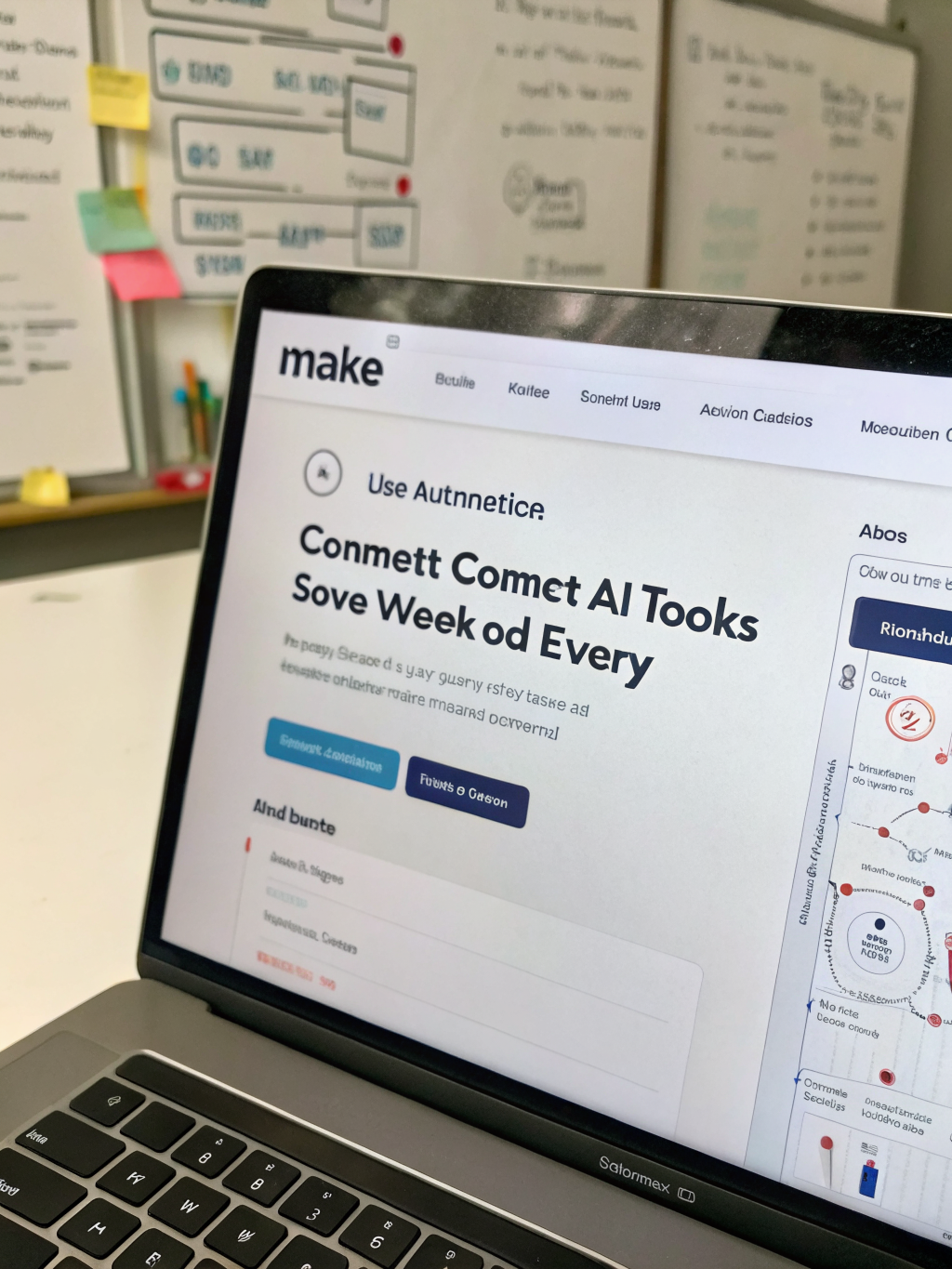
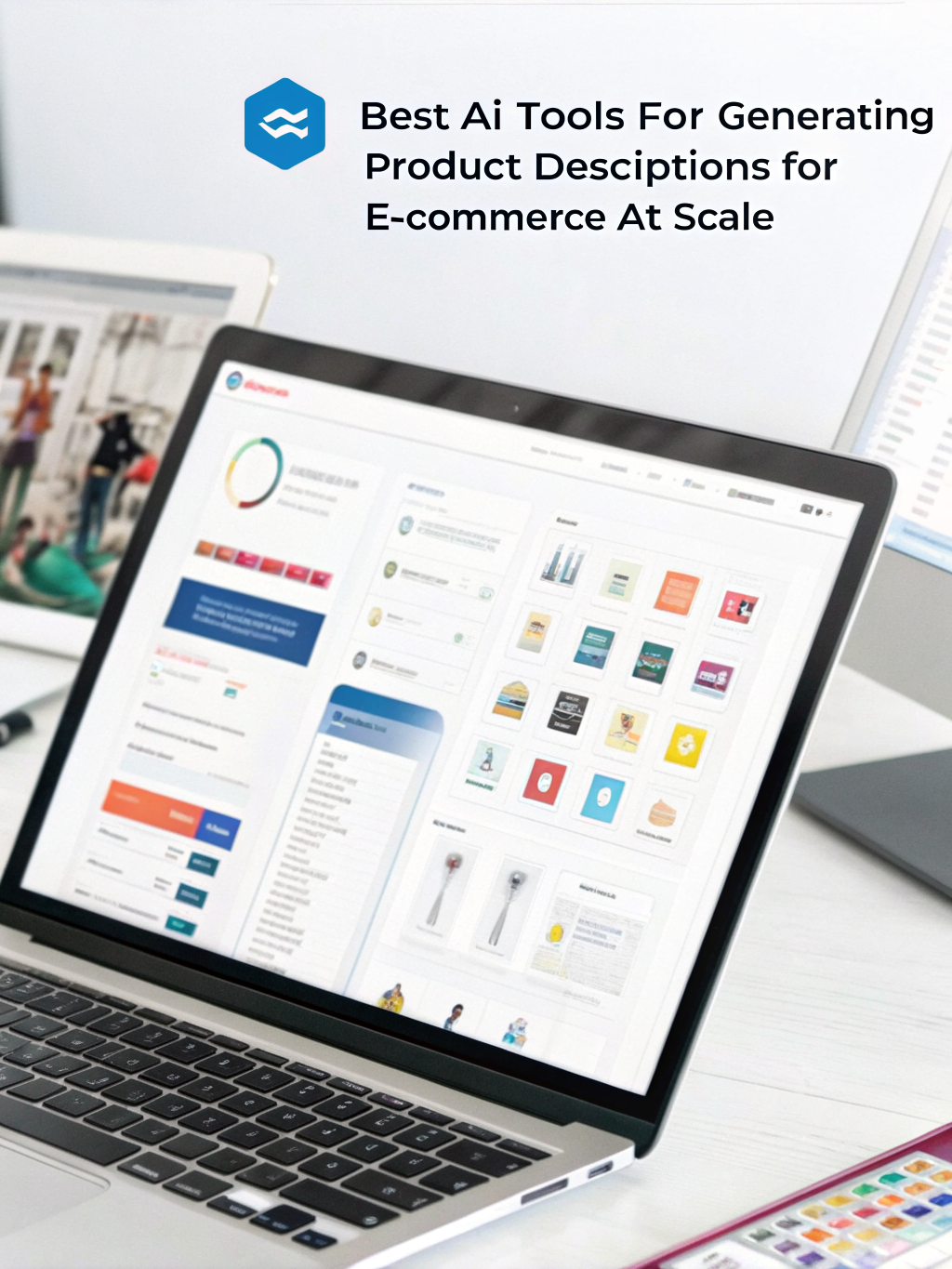
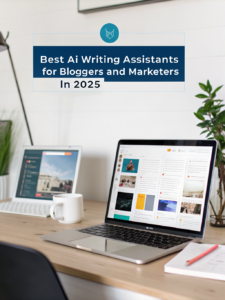
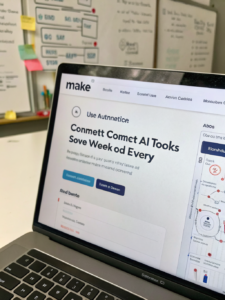
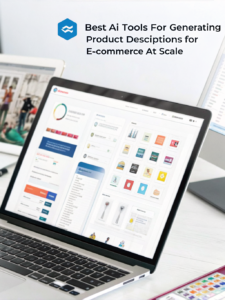
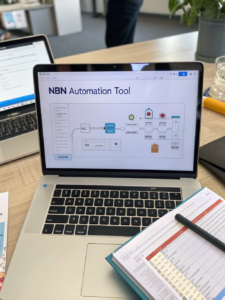
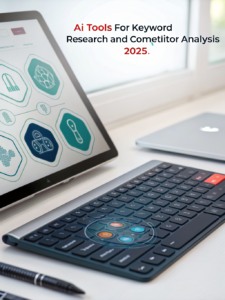
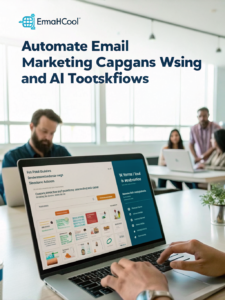
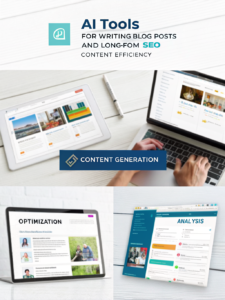

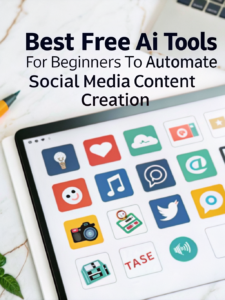
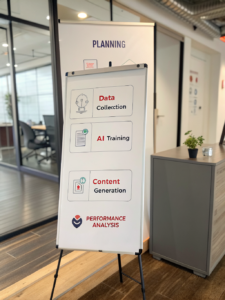
Post Comment